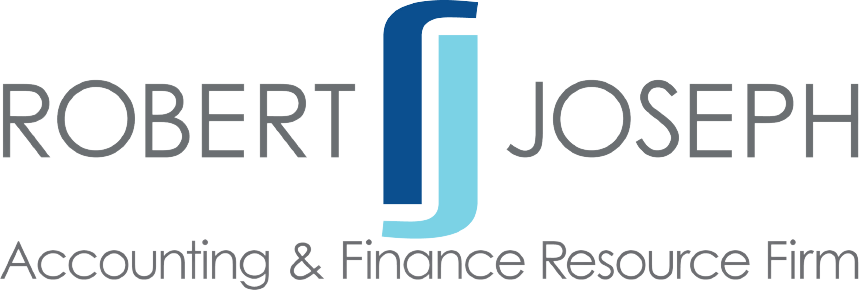Public Versus Private Accounting — Which Is Best for You?
Accounting and Finance is a diverse field with multiple career paths. One critical choice is whether you will enter private or public accounting.
While these are two very different career paths, it is not abnormal for accountants to switch from one sector to the other during their careers. Both are stable and secure choices. Here’s what you need to know –
Public Accounting
A public accountant meets the needs of multiple clients. They typically work for local, national, or even international firms. They also may own their own accounting business. While some firms and public accountants serve a niche market, focusing on meeting the needs of a specific industry, most service a wide range of individuals and businesses.
Tasks and Required Skills
Public accountants must hold a bachelor’s degree in accounting and obtain a Certified Public Accountant (CPA) license issued by a state board. Technical skills are imperative as accuracy is vital. They must be familiar with accepted accounting principles and understand standard software and the Microsoft Office Suite. Since public accountants interact closely with the individuals and businesses they serve, they must also possess strong interpersonal and soft skills, including –
• Clear communication skills
• Leadership skills
• Effective time management
• Healthy stress management
• Strong code of ethics
Most people think of their CPA as “the person who does their taxes.” However, a CPA does much more than that, as they also are responsible for the following:
• Preparing financial statements
• Offering audit and assurance services
• Checking bookkeeping for accuracy
• Representing clients to the IRS
• Preparing budgets
• Preparing accounting policies and procedures
Private Accounting
Private accountants work for a single company within the accounting department. As a result, they have a deep knowledge of that company’s financial challenges and needs, including knowledge of the entire market sector and that of competitors.
They might be the sole accountant for that organization or be part of a team and manage specific tasks (such as overseeing payroll). They work primarily with data to give insight into potential market trends. This insight gives the company the information they need to make strategic decisions.
Tasks and Required Skills
A private accountant must have a bachelor’s degree in accounting, but they are not required to obtain a CPA license. (However, earning a master’s degree in accounting or an MBA helps an accountant’s career trajectory)
Like public accountants, they must have a mixed wheelhouse of technical and soft skills, including
• Critical thinking
• Data visualization and analysis
• Detail orientation
• Problem-solving
Responsibilities are varied, including
• Creating accurate accounting processes
• Preparing and implementing company budgets
• Evaluating fiscal health and performance of the organization
• Creating and presenting financial reports
• Forecasting financial possibilities
Whether seeking a private or public accounting position, connecting with The Robert Joseph Group is an excellent choice. We help high-caliber talent find positions at top-tier accounting firms and teams with expertise and efficiency. Are you looking for your next career step? Contact us today!
